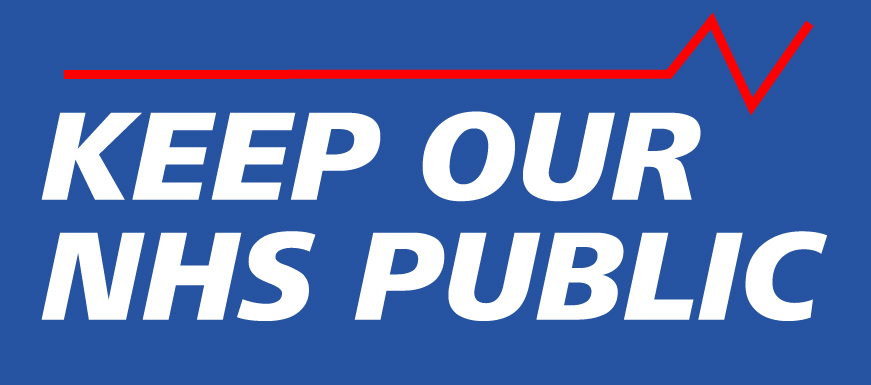
The level of mental health distress, anxiety and depression is increasing. Public services are not resourced to meet such demand and people are suffering from neglect. There is increasing inequality. Demand for care far outstrips current resources and whereas community-based services are lacking staff and resources, the NHS has to rely increasingly on private inpatient provision.
WHAT ARE THE FACTS?
- Adult mental health services in England received a record 4.6 million referrals during 2022 (up 22% from 2019). Those in the poorest fifth of the population are twice as likely to develop mental health problems
- Even worse for numbers of children and young people with mental distress/disorder, increasing over 2017-21 in 6-16 year olds from one in nine to one in six, and in 17-19 year olds from one in ten to one in six
- Long waits and high thresholds for treatment result in 1.2 million waiting for help (2023)
- NHS mental health bed numbers have fallen from 23,515 in April 2011 to 18,029 by March 2023
- Learning disability and mental illness beds have seen the largest reduction since 2010/11 – 69% and 24% respectively
- The private sector provides 30% of mental health hospital inpatient capacity – 50% of beds for children and teenagers and almost all adult secure inpatient beds
- 17,340 serious incidents were reported to the Care Quality Commission (CQC) in 12 months to March 2023. MIND say 88% of serious incidents are at private community and hospital provision
- 9.9% of mental health posts are vacant (compared to 6.9% for the NHS overall at March 2024). True vacancies are likely to be higher if cash-strapped hospitals do not advertise posts
WHAT MUST HAPPEN NOW?
- End private provision as soon as possible and rely on safe NHS provided care
- More skilled staff are needed to achieve ‘safe staffing’
- More NHS-provided inpatient mental health beds are necessary in England to eliminate the need for inappropriate out of area placements in private hospitals
- Safe inpatient capacity means no more than 85% bed occupancy
- Expansion of community staffing to deliver safe out of hospital care for children and adults
- Safe, daytime venues resourced are needed for those with long-term mental health needs to get support from both peers and professionals
- Safe services should include: access to professional assessments; careful self-harm prevention and protection; community support during a crisis; places of safety with supportive environments, both inpatient and community-based, to ensure ongoing support to high standards throughout England
- Increased funding above inflation to meet increased demand – the 2019 promised increase in budget for services needs to be doubled to £5.2bn
- More psychotherapists are required for people with complex needs
